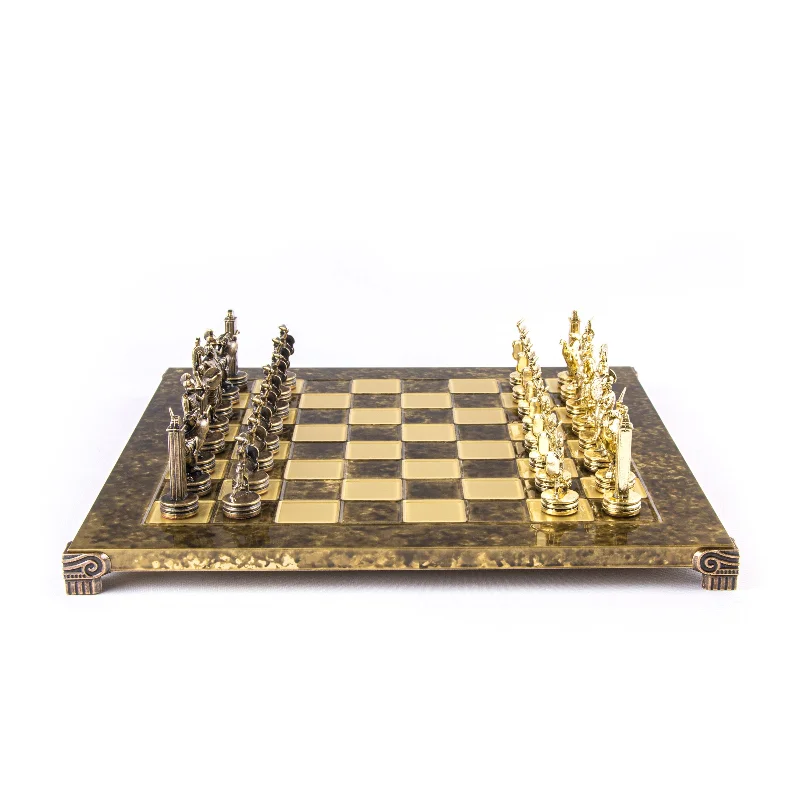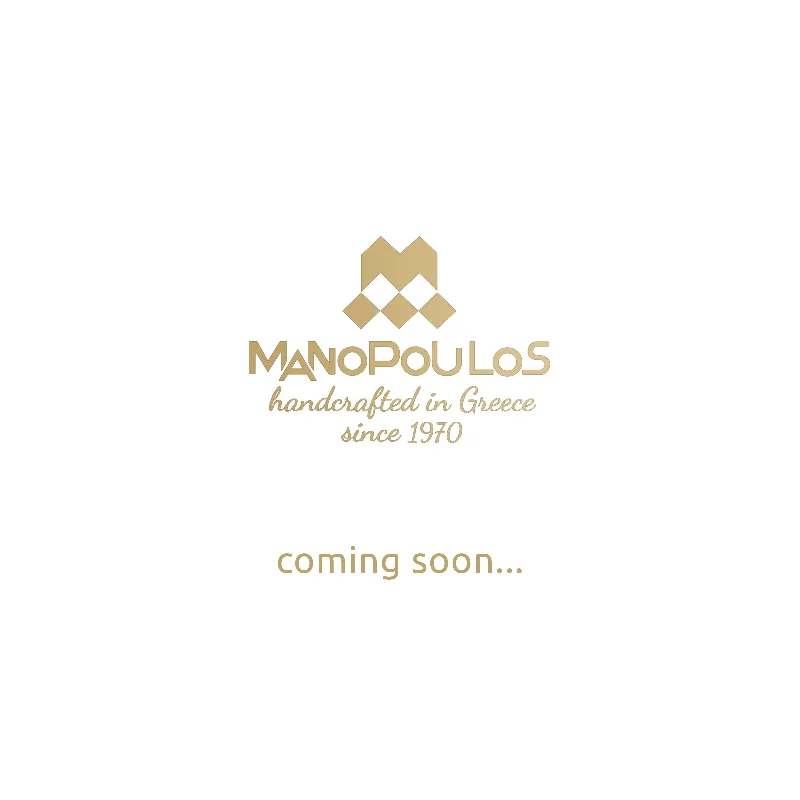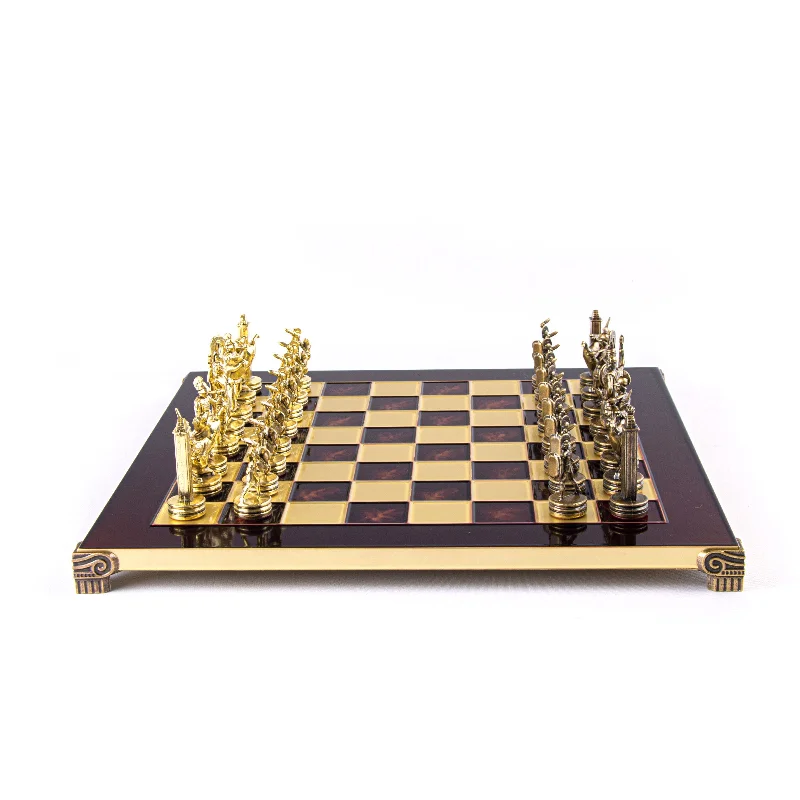Immerse yourself in the enchanting world of Greek mythology with our meticulously handcrafted Greek Mythology Chess Set. This stunning set features intricately designed gold and brown chessmen, each representing iconic figures from ancient myths. The set is complemented by a luxurious bronze chessboard measuring 36x36cm, offering both a functional game board and a captivating piece of decor.
Ideal for collectors and enthusiasts, this high-quality chess set merges historical artistry with modern craftsmanship. The detailed chessmen bring ancient legends to life, making every game a journey through mythological history. Whether displayed in your game room or living space, this chess set adds a touch of sophistication and cultural richness.
Key Features:
- Handcrafted Excellence: Each piece is carefully crafted to highlight the intricate details and rich history of Greek mythology.
- Luxurious Chessmen: Gold and brown chessmen provide a unique and elegant visual appeal.
- Premium Chessboard: A beautifully crafted bronze chessboard measuring 36x36cm enhances both playability and aesthetic charm.
- Cultural Significance: Each chess piece represents a figure from Greek mythology, adding depth and intrigue to your games.
- Durable Construction: Made with high-quality materials to ensure lasting durability and timeless beauty.
- Elegant Gift Choice: Perfect for luxury gifts for gamers, history enthusiasts, and collectors of fine artisan board games.
Discover our range of exclusive board games and elevate your game collection with this luxurious and culturally rich Greek Mythology Chess Set. A perfect addition for anyone who values history, art, and superior craftsmanship in their game room decor.
The legend
A glorious city was the bone of contention between two powerful gods. The God of the Sea, Poseidon and Goddess of Wisdom, Athena, each one wanted the city to be named after themselves. The divine conflict was fierce so Zeus declared that each god had to make an offer to the citizens. Poseidon lifted his trident and struck the rock of the Acropolis where sea water burst out. “It will warn you for upcoming storms. Your city will conquer the seas”, he said. Athena knelt and touched the ground where an olive tree started to grow. “For food, oil, wood and light. Your city will become the symbol of civilization”. Despite the rage of Poseidon, Athena’s gift was preferred and ever since the city is called Athens.
The Chessmen
Greek sculptors loved to recreate this divine conflict through their art. The King is a replica of the famous statue “Poseidon of Melos” (2nd cent. B.C.), and the Queen represents the glorious “Athena Promachos” (450 B.C., Acropolis Museum). A bronze Hellenistic statue has inspired the Bishop and the Knight is a part of the marble facade of Parthenon sculptured by Pheidias. The castle is a reproduction of one of the most admirable Attic stele devoted to young Aristion who died in battle. Finally, the Pawn is a bronze statue of a fully armed warrior in 500 B.C.



